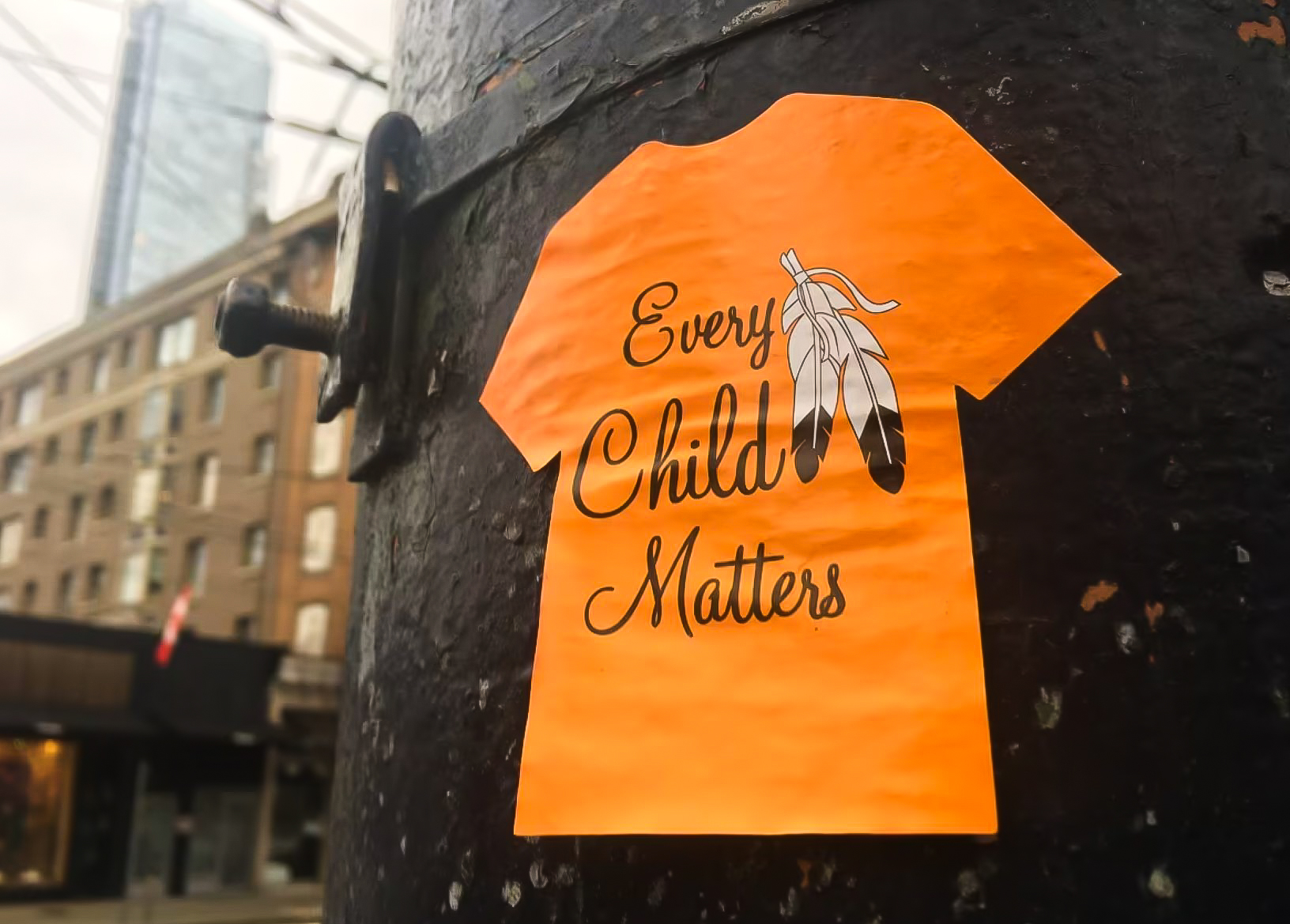Reparations alone are not a fair answer to genocide and colonialism
$2.8 billion cannot reverse Canada’s past, but it’s a step in the right direction.
Indigenous Peoples deserve reparations. I have no issue with the Canadian government agreeing to pay compensation to Indigenous Nations. In fact, I am glad to see it.
On January 18, 2023, the Canadian government agreed to settle a class-action lawsuit seeking reparations for Canada’s residential school system. The lawsuit was originally filed in 2012 by 325 Indigenous Nations. Now, the government has agreed to pay $2.8 billion to an independent, non-profit trust that will manage and divide the settlement for the next 20 years, if approved by the Federal Court.
According to an article by CTV News, Mark Miller, the Crown Indigenous Affairs Minister, the distribution of this settlement will follow “four pillars,” which are “the revival and protection of Indigenous language; the revival and protection of Indigenous culture; the protection and promotion of heritage and the wellness of Indigenous communities and their members.”
Every time an Indigenous issue is discussed, or a plan is implemented to find a solution, the argument surrounding whether we should be responsible for the actions of colonizers from over 70 years ago is mentioned. Specifically, regarding monetary reparations, people question why the community needs so much money and where it will go. It’s fair to question the usage of funds. $2.8 billion truly is no small amount. Regardless, I believe people use this argument to dodge the indisputable truth: we live on colonized land.
In 2021, thousands of unmarked graves near former Canadian Residential Schools were discovered, revealing solid evidence of the atrocities committed against Indigenous children and families. For a long time, Indigenous Peoples have fought for justice and attempted to tell their stories to no avail. Residential Schools began their operations in the 1870s, and continued to exist until as recently as the 1990s. We have made progress since then, with the government working to improve their recognition of the harm caused by the colonization and genocide of Indigenous Peoples through land acknowledgements and requirements for students to learn about their history in school.
But the topic of monetary reparations for Indigenous communities has always been controversial. Typical arguments against monetary compensation include tax exemptions for Indigenous Peoples, Canada being unable to foot the bill for these compensations, and general colonization apologist and anti-Indigenous sentiment. More often than not, these arguments are not based on fact—for example, the tax exemption argument is a misunderstanding of how it works and who is eligible for the exemption.
“The past is the past,” they say, explaining away the crimes committed against Indigenous Peoples that resulted in intergenerational trauma and socio-economic issues which burden their communities to this day.
I believe this is the wrong attitude, and that we need to acknowledge not only the atrocities committed against Indigenous Peoples previously, but also our role as Canadians in today’s society.
We live on borrowed land.
We reap the rewards of opportunity here.
So, we must also accept the truth that these same opportunities were built on the backs of colonization and genocide. A $2.8 billion settlement is not only necessary, but the least that we can do for everything that Indigenous Peoples have faced.
Make no mistake, money cannot reverse the pain and trauma of several communities’ suffering at the hands of brutal colonialism. There are still staggering numbers of overarching issues that Indigenous communities face: the unresolved epidemic of missing and murdered Indigenous women, the lack of clean water on Indigenous Reserves, and the oil and logging industries’ environmental exploitation of Indigenous land for resources. The list goes on.
I believe that Canadians of the past, current Canadians, and the Canadians that will live on this land for many generations to come all owe Indigenous Peoples.
We owe them respect, acknowledgment, empathy, and meaningful reparations.


I appreciate your sentiment regarding Respect. It is one that is heard rarely, and not one that many are yet at a cognitive place of understanding because they have no interest in educating themselves in order to gain truth and knowledge. They put themselves first. And all of their own needs are met. There is nothing else to consider. When speaking on Indigenous and canadian issues, their banter is faulty and insulting. First Nations and Inuit issues are not real to them. And they do not believe it is relevant to themselves and to life as they know it, comprised of all those in their immediate surroundings including family, friends and colleagues, regardless if any First Nations or Inuit come across their paths throughout. Yet they speak, most often than not, loudly, seeking to be heard and seen, as though they have answers to problems they have no factual and accurate understanding of. To them, there is no ‘We’ in we are one. It does not exist for them. Never has. The barrier is comfortably in place. For them. Built on prejudice, one factor among larger foundational ones. We’ve a long way to go. To live well in this Circle, where wellness and prosperity is truly, for all. We are one.